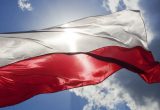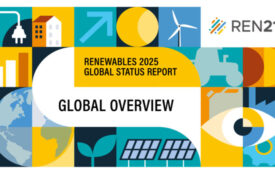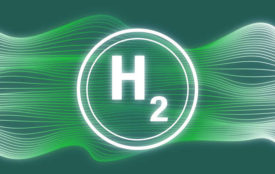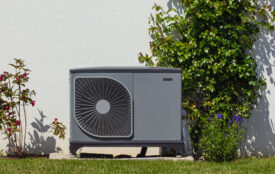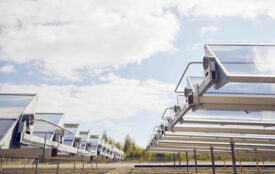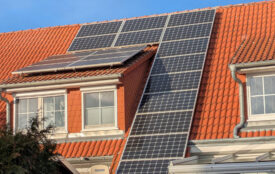The unique Soletair demo plant uses carbon dioxide to produce renewable fuels and chemicals
The pilot plant is coupled to LUT’s solar power plant in Lappeenranta.
The aim of the project is to demonstrate the technical performance of the overall process and produce 200 litres of fuels and other hydrocarbons for research purposes. This concerns a one-of-a-kind demo plant in which the entire process chain, from solar power generation to hydrocarbon production, is in the same place. The demo plant comprises four separate units: a solar power plant; equipment for separating carbon dioxide and water from the air; a section that uses electrolysis to produce hydrogen; and synthesis equipment for producing a crude-oil substitute from carbon dioxide and hydrogen.
Pilot-scale plant units have been designed for distributed, small-scale production. Production capacity can be increased by adding more units. “The concept we are exploring is an example of how the chemical industry could be electrified in the future. The burning of fossil fuels must end by 2050, but people will continue to need some hydrocarbons,” says Professor Jero Ahola of LUT. “The result will be multi-sectoral industrial integration. Finnish industry’s expertise in this area is being reinforced by collaboration,” comments Principal Scientist Pekka Simell of VTT, who is in charge of coordinating the project.
VTT and LUT will test the Soletair demo plant during the summer. After the piloting phase, synthesis units will be used in a number of EU projects over the coming years. It will provide a platform for conducting research with international companies. Information gathered during the project will be useful for the commercialisation of the technologies. New business opportunities will arise for companies such as those benefiting from the carbon circular economy or surplus electricity, or for chemical companies.
VTT and LUT have invested one million euros in the equipment. The research is being funded by Tekes and a number of companies: ABB, ENE Solar Systems, Green Energy Finland, Proventia, Hydrocell, Ineratec, Woikoski, Gasum and the Finnish Transport Safety Agency (Trafi).

